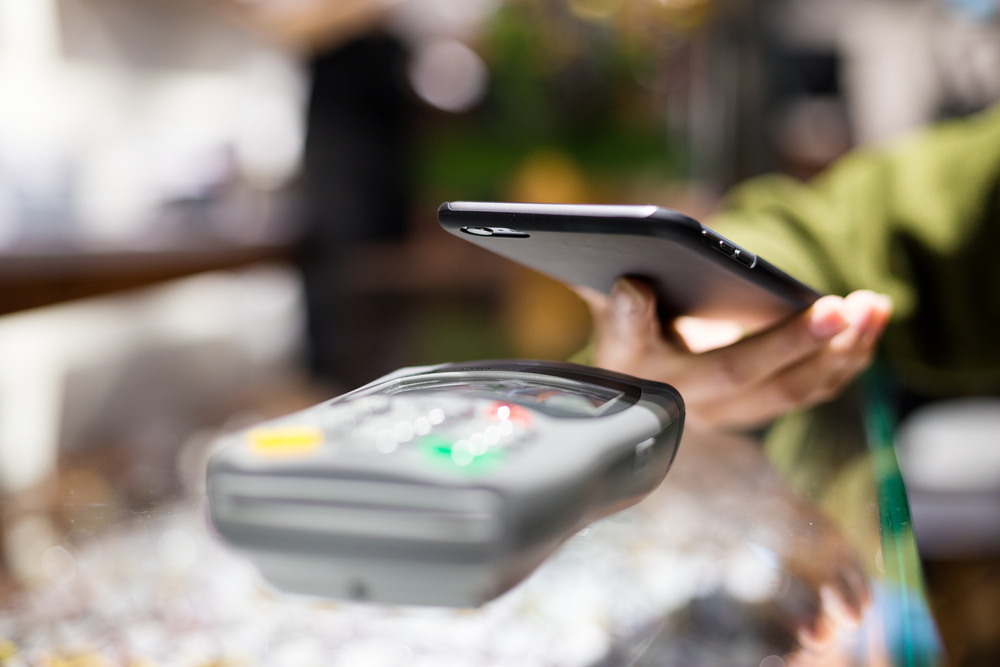5 Ways phishers can trick you

Phishers are desperate to gather your personal information so they can use it to access your accounts or steal your identity. They might think they are clever, but you can definitely outsmart them. All you have to do is study the tactics they like to use, so you can spot their attacks and steer clear. Here are some of the top ways phishers try to trick you.
1. Posing As the Government
Most responsible people respect the FBI, CDC, IRS, and other government agencies. So, if you get a text or an email that appears to be from one of these agencies, your instinct is to click through. Unfortunately, this sense of responsibility can cause you to fall prey to a phishing attack.
Outsmart the phisher by never clicking through or responding to a supposed text or email communication from a government agency. Actual communications from the government typically come in the form of an official letter, sent to you through the mail.
2. Creating a Sense of Urgency
Whether the text says "Quick! Claim this prize now!" or "Act now or lose your account!" this sense of urgency has phishing written all over it. The phishers want you to feel like you don't even have time to think things through—so you enter your information without even second-guessing it.
Luckily, once you're aware that phishers use this tactic, you can avoid letting this sense of urgency get to you. If you think an urgent communication might be real, call the company the communication appears to be from directly. If the issue really is that urgent, they'll know about it—but they'll probably agree with you that the communication is just a phishing attempt.
3. Acting Overly Friendly
Sometimes, phishers use really flowery, friendly language to try to get you to click a link or enter information out of obligation. But don't let words like "sweetie" and "pal" sway you. The phishers don't have your best interests in mind, no matter what they say. Just because someone says "please" does not mean you have to comply!
4. Creating Expiration Dates
Expiration dates and deadlines have a way of motivating people to take action. Phishers know this. They may send you a text stating that your account is about to expire unless you enter your password into a certain link. They may even say your credit card will expire if you don't take action ASAP.
Real companies don't do this. You will have had multiple letters and emails from them about an upcoming expiration date before it became this urgent. Don't let someone trick you into entering your password or personal info into a link by citing an expiration date.
5. Declaring You a Winner
Who wouldn't want to win an all-expenses-paid trip to the Caribbean or a brand new truck? By declaring you a winner, phishers hope that they can get you to click on a link and enter your info to "claim a prize." But if you did not enter a contest, there's no reason to assume you won one. Outsmart the phishers, and don't try to claim those fake winnings. All you'll really win is a hacked bank account and identity theft.
It's unfortunate that phishing has become so common these days. However, phishers have been at it so long that their tactics are becoming pretty transparent and well-known. They might be sneaky, but you're smarter. Now, you know how to spot their tactics and steer clear. Protect your identity and your accounts by always being wary of phishing.




